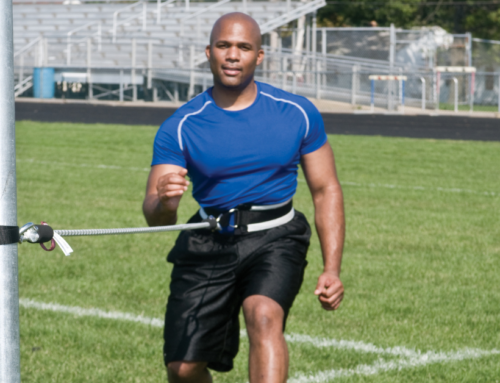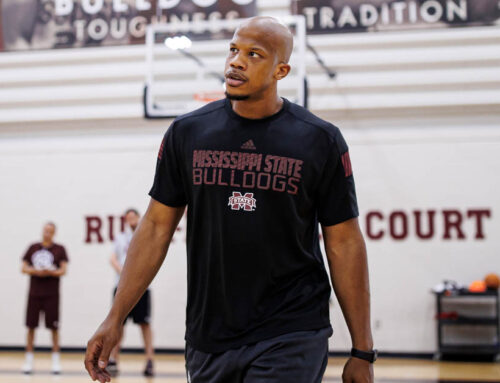If you’re running the Boston Marathon on April 16, congratulations! It’s quite an achievement to be participating in the oldest city marathon in the world. In fact, this historic race began in 1897 with just 18 runners. Now the elite international road race annually attracts more than 20,000 registered participants (26,895 people in 2011), including top athletes from around the world. Not to mention more than 500,000 spectators lining the streets between Hopkinton and the finish line in downtown Boston.
If you aren’t participating this year, keep in mind that the 117th Boston Marathon is scheduled for Monday, April 15, 2013. According to the Boston Athletic Association website, next year’s applications will be accepted beginning September 2012. And, remember, the Boston event is one of the very few marathons that require you to meet a qualifying time before you even can enter. “The Boston Marathon is a huge, elite event,” says Maureen Petrasko, president of NZ Manufacturing. “It’s for the serious runner – very serious runner.” So, if you’re determined to qualify, step up your game plan now!
Training for a marathon is a major undertaking that requires time and motivation, as well as a certain level of fitness. You should be able to run for at least 30 minutes without stopping before you even consider such an enormous feat. During your actual training, your mileage should gradually increase each week, with your longest run being 18-20 miles. Here are our other “super-six tips” to consider:
- Plan to Rest
A common mistake in marathon training is not planning adequate rest. For the highly trained, it may be simply 30 minutes of easy running. For others, it may be a day off from training altogether. Nevertheless, rest should be programmed into a training plan and adhered to. This allows your body to completely recover from workouts and, when it’s time, be able to push even harder. - Be Fluid-Friendly
To ensure that you’re keeping hydrated, weigh yourself before and after each run. If your body weight is less than it was before the run, you may need to drink water or a sports drink within the first few hours after the run to rehydrate. On runs of an hour or more, always carry fluids with you and consume 6-8 oz. every 20 minutes. - Necessitate Nutrition
Getting the right nutrition is just as important as any other aspect of your training program. Because you are burning a lot of calories (for example, a 10-mile run at a 9-minutes-per-mile pace burns approximately 1,000 calories), you need to replace this energy. And not just with carbohydrates. Your body requires fat and protein for muscle repair and to help you recover from long training runs. - Wear Good Gear
Those trainers you’ve been using for the past several months might be comfortable, but you may be better off with a new pair (or pairs!). Worn shoes can be dangerous for your feet and, with the typical marathon training period consists of running an average of 700 miles, your running shoes are your most important piece of gear. Pick up a pair that is designed to fit your feet and then break them in by alternating with your old shoes on a different day. - Do a Dress Rehearsal
While you shouldn’t go out and race a marathon daily, simulate race conditions as much as possible. Practice water stops, incorporate downhill running, start at the same time of day as the race starts, and even train in the predicted weather conditions. And don’t forget to try out all racing clothing, shoes, socks, and pre-race meals. By doing all this far enough in advance, you can allow for changes – and time for blisters to heal. - Get Off the Road
While running is imperative for marathon training, keep in mind other exercises that can help you improve endurance and strength. For example, resistance band exercises are a great way to tone and strengthen your legs for increased speed and agility. “With the help of NZ Manufacturing resistance tools, I trained and qualified for the 2009 Boston Marathon,” says Julie O’Connoll, fitness expert. “I finished it in 4:18:51, making it my thirteenth marathon!” Try our TurfCordz™ Modular Speed Belt to add resistance to running exercises, Modular Sprint Belt to strengthen abductors and adductors, and even Resist Assist to improve core strength.
Only 1% of people around the world can say they’ve actually finished a marathon. And you’re about to be one of them! So good luck with your training and remember to have fun!




